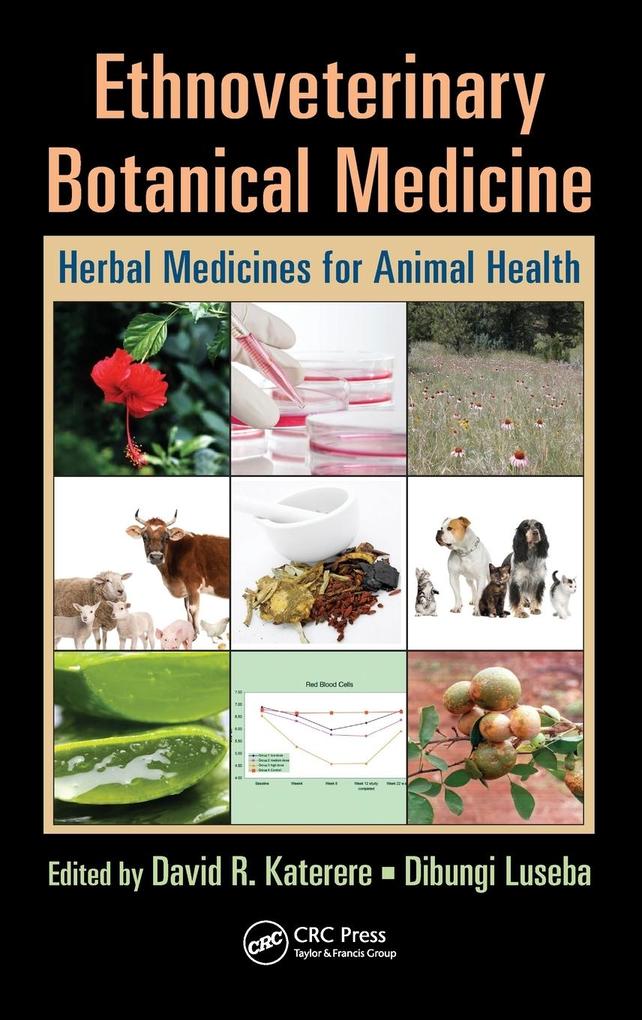
Zustellung: Mo, 27.01. - Do, 30.01.
Versand in 1-2 Wochen
VersandkostenfreiBestellen & in Filiale abholen:
Although many references cover ethnoveterinary medicine in some form or another, none give it the intense and scientific scrutiny found in this book. With chapters on biological assays, efficacy testing, and phytochemistry, the book presents hard scientific information in accessible and readable language. It features a multidisciplinary approach to examining the role of herbal medicines in companion and pet animals. The text also discusses access benefit sharing, the Convention of Biological Diversity, intellectual property, and the skills required to navigate the minefield of bioprospecting.
Inhaltsverzeichnis
Methods for Evaluating Efficacy of Ethnoveterinary Medicinal Plants. Logistical and Legal Considerations in Ethnoveterinary Research. Phytochemical Methods. Preclinical Safety Testing of Herbal Remedies. Revitalizing Ethnoveterinary Medical Traditions: A Perspective from India. Inventory of Traditional Veterinary Botanicals from Around the World. The Current Status and Future Prospects of Medicinal and Aromatic Plants in Veterinary Health Care in Southeast Asia. Evidence-Based Botanicals in North America. The Medicinal Use of Native North American Plants in Domestic Animals. Plants Used in Animal Health Care in South and Latin America: An Overview. Ethnoveterinary Medicine in Southern Africa. Ethnoveterinary Plants Used in East Africa,. Herbal Medicines for Animal Health in the Middle East and North Africa (MENA) Region,. Ethnoveterinary Medicine and Sustainable Livestock Management in West Africa. Traditional Chinese Veterinary Medicine. Ethnoveterinary Medical Practice in the European Union (EU): A Case Study of the Netherlands. Herbal Medicines for Pet and Companion Animals. Index.
Produktdetails
Erscheinungsdatum
23. Juni 2010
Sprache
englisch
Seitenanzahl
452
Herausgegeben von
David R. Katerere, Dibungi Luseba
Verlag/Hersteller
Produktart
gebunden
Gewicht
840 g
Größe (L/B/H)
240/161/29 mm
ISBN
9781420045604
Entdecken Sie mehr
Bewertungen
0 Bewertungen
Es wurden noch keine Bewertungen abgegeben. Schreiben Sie die erste Bewertung zu "Ethnoveterinary Botanical Medicine" und helfen Sie damit anderen bei der Kaufentscheidung.










